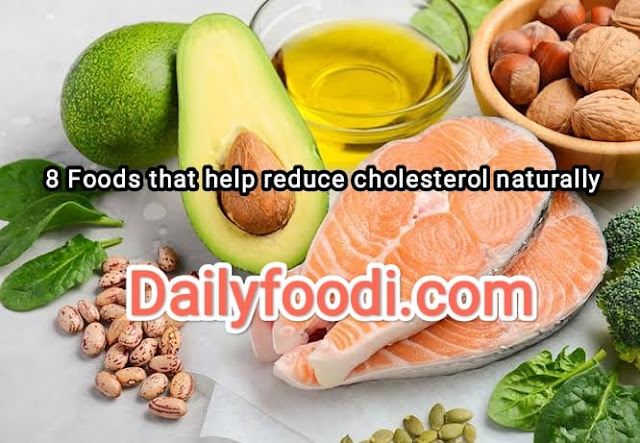How To Fight 'Bad' LDL With Some Natural Food Sources You can also find this topic on our website. Read more
Cholesterol is a key factor for many diseases, including coronary heart disease, stroke, stroke and diabetes. Not only that but it's also known as the main cause of death globally. If we keep this in mind, we may be able to help prevent some of these very medical conditions. While there are plenty of ways to get rid of bad LDL, there are some healthy food sources which have some amazing properties which will allow you to lower your levels of cholesterol naturally. Here are eight fruits and vegetables that I suggest for reducing bad LDL levels in your system. Let us discuss them...
1. Apples
A single apple (about 1/4 cup) contains about 50 grams of saturated fat, 2 grams of trans fats and about 200 calories. The major source of these foods are the apples themselves - and they contain a large amount of sugar. Sugar is a type of added sugar and if you want to fight bad cholesterol, you need to limit your intake of it.
2. Red Berries
Image by S. Hermann / F. Richter from Pixabay
Red berries such as red grapefruit, figs, blueberries and raspberries are rich in flavonoids which has been known to reduce bad LDL. These foods are not only low in sugar but also high in fiber and protein which makes it great to control your blood sugar.
3. Goji berries

Goji berries are another kind of fruit which can be used for controlling cholesterol. Goji berries are packed with polyphenols which are known to act against bad cholesterol. Polyphenols are basically plant compounds which come from plant tissues. So while eating goji berries you are preventing your body from absorbing any excess sugar and other fatty acids into it.
4. Broccoli
Broccoli is one of the best sources that can be used to improve the health of your heart. This vegetable is extremely nutritious so it'll surely be no wonder why broccoli should also help you fight all types of bad LDL for good. In fact, eating broccoli can even lead to weight loss, as shown by studies.
5. Cauliflower
Cauliflower is an amazing vegetable that may help you manage your cholesterol. This vegetable is incredibly low in calories and contains only 2 grams of carbohydrates and only 30 grams of fiber which means that it's very easy to eat cauliflower. But cauliflower is extremely versatile so you could also add it to pasta dishes, soups or just mash it up once a week. There are two types of cauliflower out today, normal cauliflower and cabbage, both of which are super delicious. You can find lots of recipes for cauliflower and broccoli here. And remember, cauliflower is a good source of vitamin A. Vitamin A is known to be extremely important for the liver because it helps to protect yourself from free radical damage. Free radicals are unstable atoms that may damage your DNA. And therefore, having a high level of vitamin A in your colon is crucial for a healthy digestive system.
6. Spinach
Many people say spinach should not help them control their LDL levels, but this is completely wrong! Green leafy vegetables like spinach may be great for boosting blood flow in your gastrointestinal tract. Spinach has a ton of nutrients which all contribute to its excellent nutritional value. Spinach is a good source of iron, calcium, potassium, manganese, copper and magnesium. All these elements are needed for optimal absorption by your digestive system. Therefore, spinach should definitely be a part of your diet for a healthier gut.
7. Salmon
Salmon is very simple to cook. All you need is salmon, salt and pepper. However, how much of it is left after cooking? About 35% of an adult man’s daily requirement for salt. Salmon is a great source of omega 3 fatty acids which has been proven to help in losing weight naturally. Fish oil is also a great source, too, so salmon can be a great way for keeping your cholesterol levels at bay.
8. Kale
There must be hundreds or thousands of reasons why kale is not an option on your diets. Firstly, it is very difficult to digest. People who have poor bowel function usually cannot manage to extract enough nutrients from the vegetable. Moreover, kale contains only 40% water. Due to it being high in water content, there are significant amounts of sodium present in kale and spinach. Because of it having such high water content, people with epilepsy or kidney stones tend to avoid kales and spinach. However, the green leaves of this vegetable are extremely effective for fighting all negative cholesterol levels. There are lots of amazing studies showing how kale works and the results to be absolutely fascinating.
Kale and spinach are both good sources of dietary fiber which makes them very useful for managing LDL. Both vegetables are a good source of vitamins A, B1 and B2 which might also help to decrease bad cholesterol.












No comments:
Post a Comment